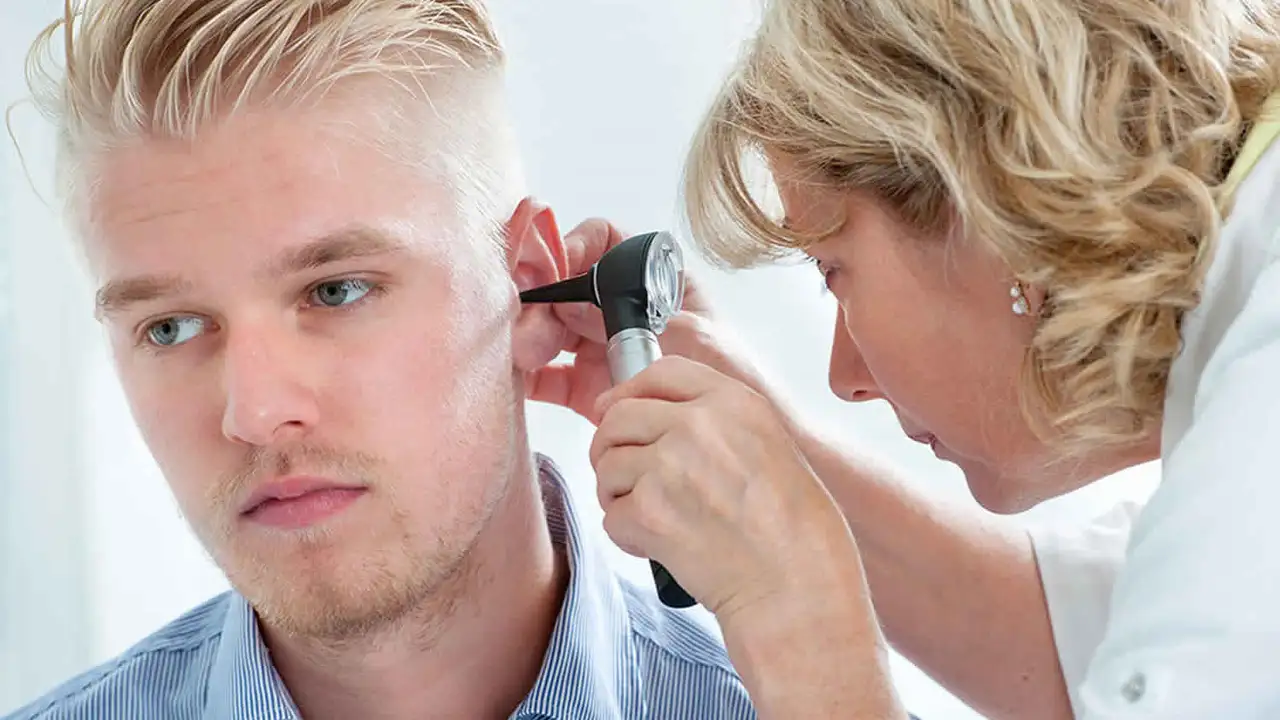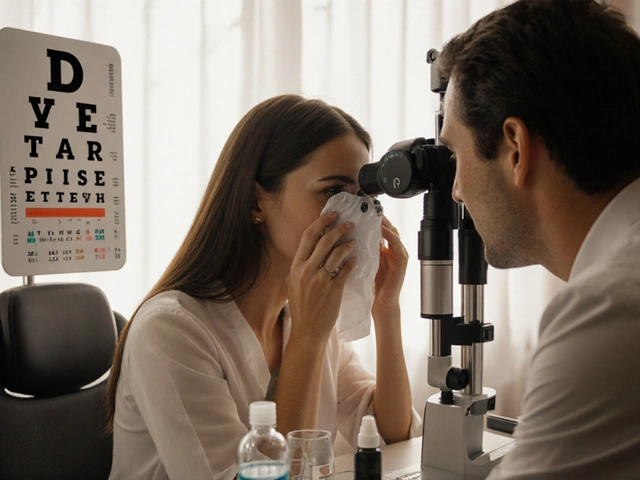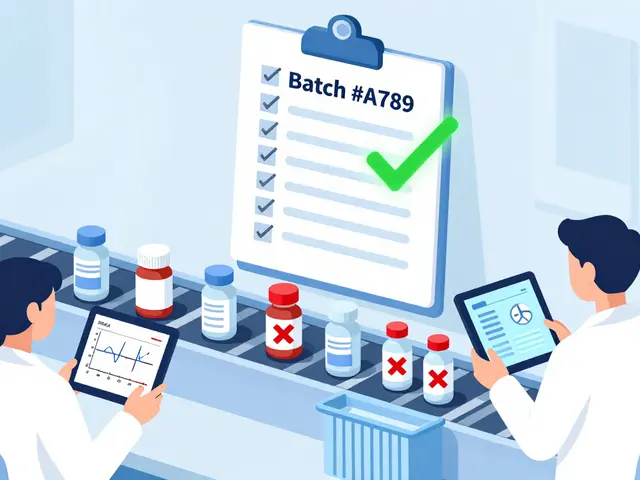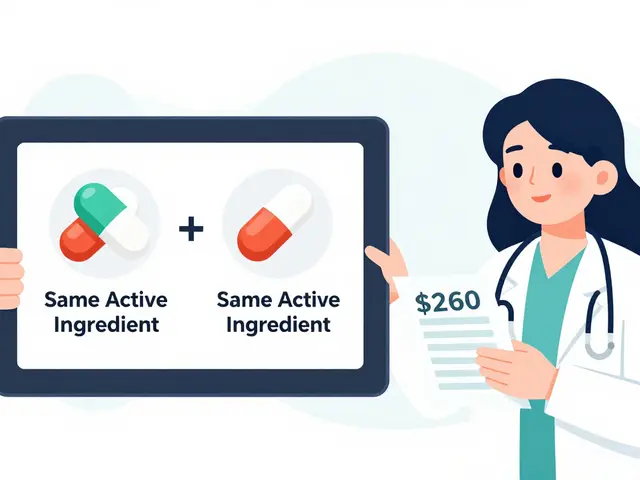Early detection: catch health problems before they become serious
Most people think you only need a doctor when something hurts. In reality, spotting a problem early can save you time, money, and stress. The body often sends subtle clues that most of us ignore – a cough that lasts longer than usual, a small skin change, or a sudden drop in energy. By paying attention to these signs, you can act before the issue turns into a major condition.
Why early detection matters
Early detection gives your treatment options a head start. When cancer, diabetes, or heart disease is caught early, medicines work better and surgeries are less invasive. Even common infections are easier to clear when caught at the beginning. This means fewer doctor visits, lower medical bills, and a quicker return to normal life.
Health screenings are the backbone of early detection. Blood pressure checks, cholesterol panels, and routine blood work spot hidden risks that you don’t feel. A simple mammogram or colonoscopy can find tumors before they spread. The key is to follow recommended screening schedules based on age, gender, and family history.
Practical steps to catch problems early
Start with a personal health checklist. Write down any new or worsening symptoms, no matter how minor they seem. Include things like persistent fatigue, unexplained weight loss, frequent headaches, or changes in bathroom habits. Review the list with your doctor during each visit.
Set up regular check‑up reminders. Use a phone calendar or a health app to flag annual physicals, dental cleanings, and eye exams. Most clinics also offer reminders for vaccinations and screening tests.
Know your family’s medical story. If close relatives had heart disease, diabetes, or certain cancers, you may need earlier or more frequent screenings. Share this information with your healthcare provider so they can tailor a plan for you.
Stay active and watch your lifestyle. Exercise, balanced meals, and enough sleep reduce the risk of many chronic diseases. When you feel off, consider whether a change in diet, stress level, or sleep pattern could be the cause before jumping to medication.
Finally, trust your gut. If something feels wrong, don’t wait for a perfect diagnosis. Seek a professional opinion early – a quick test today is often cheaper and less invasive than a complex procedure later.
Early detection isn’t a one‑time event; it’s a habit. By paying attention to your body, keeping up with screenings, and staying informed about family risks, you give yourself the best chance to stay healthy. Start today: jot down any odd symptom, book that overdue check‑up, and make early detection part of your routine.
Hi there! I can't stress enough the importance of regular hearing tests. Let me tell you why - they are the key to early detection of any hearing difficulties. By catching these issues earlier, we are often able to slow down the progression or even find suitable treatments. So, if you're not already, it's time to make those regular check-ups a part of your routine. It can really make a significant difference in your hearing and overall quality of life, trust me.



 Medications
Medications




